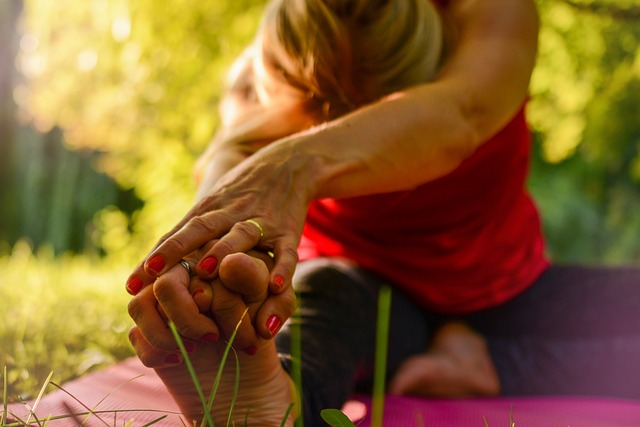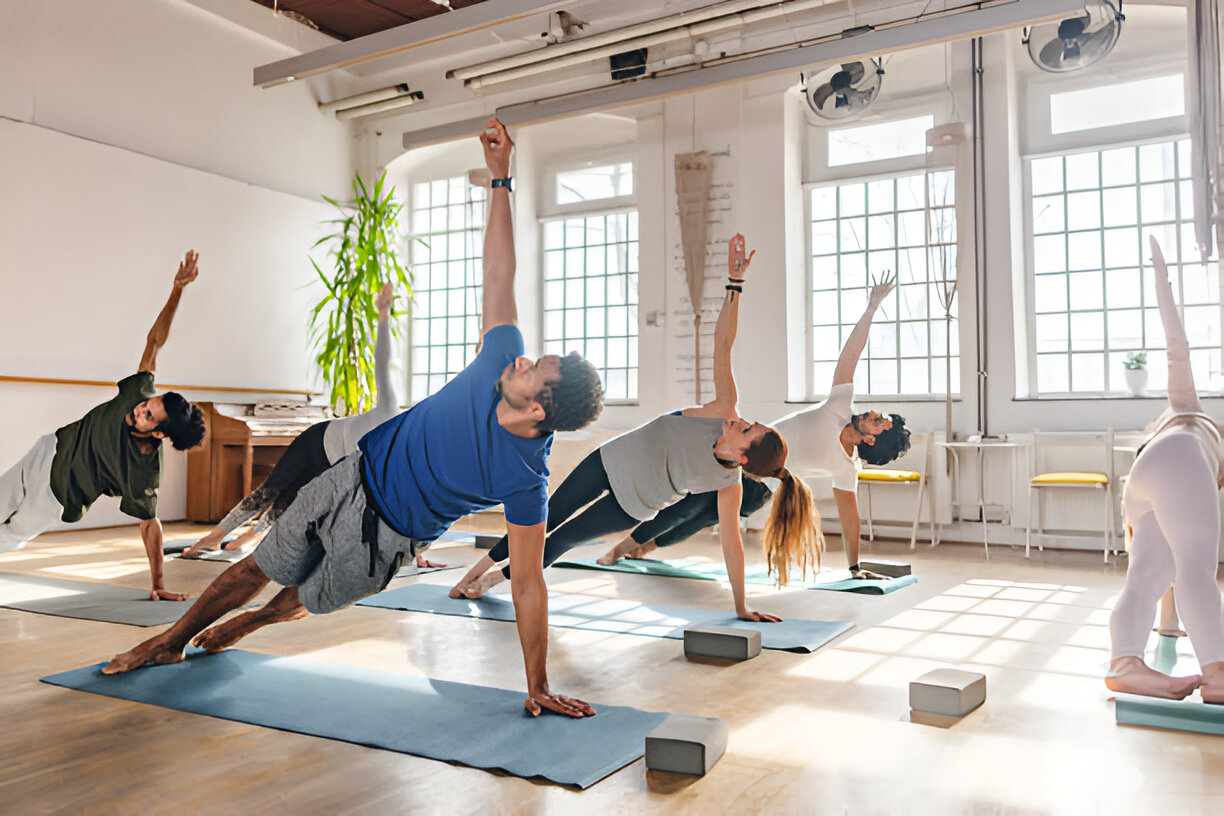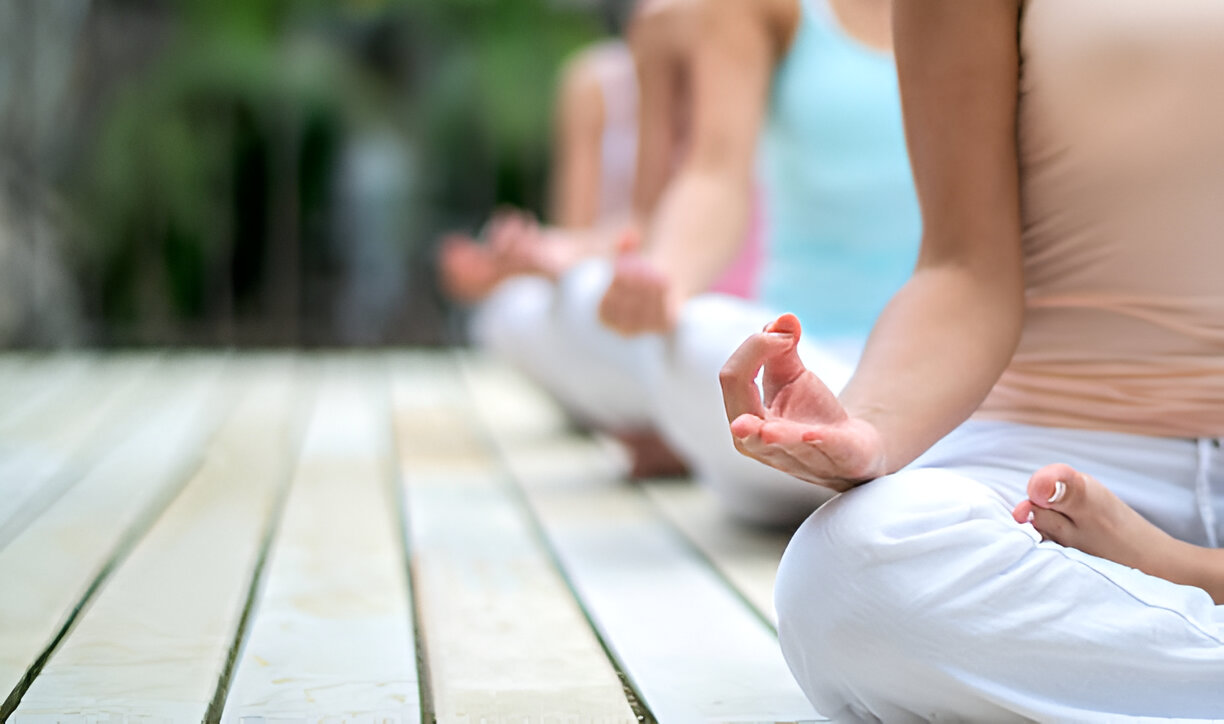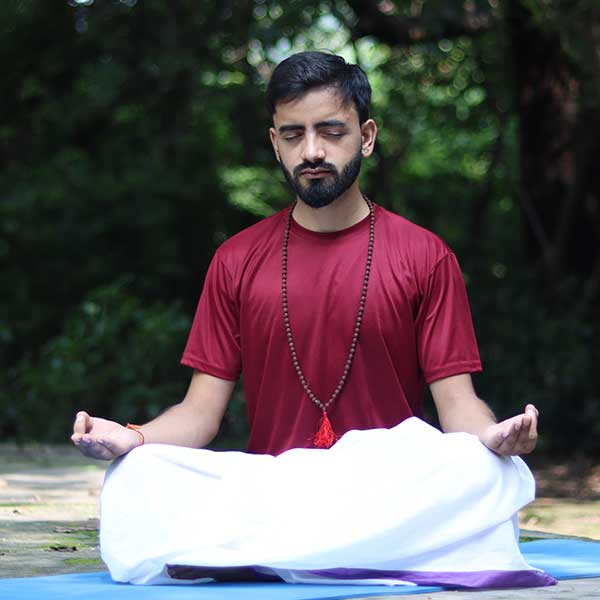
Beginner's Guide to Yoga Retreats: Finding Your Path to Inner Peace
Introduction
It is always very refreshing to engage yourselves in Yoga retreats where you have the chance to practice yoga to the maximum while, at the same time, not being disturbed by the normal stresses of life. Thus, a yoga retreat can be of particular benefit, irrespective of how long a person has been practicing yoga or has been attending yoga sessions. As for the target audience, this guide will clarify the basic details that beginners might have no idea about and explain how to choose a yoga retreat.
A yoga retreat is a concept where people go on holidays to focus on yoga lessons and practices for some time.
A yoga retreat is effectively a scheduled plan or a workshop frequented in a stress-free region that involves members taking yoga, meditation, or even mindfulness. Such retreats can be anywhere from a weekend stay to a week- or month-long experience that is accompanied by different kinds of activities for the improvement of the physical, mental, and spiritual realms of the participants.
Perks of Going on a Yoga Retreat
Yoga retreats offer numerous benefits:
- Deepen Your Practice: An intensive session enhances the standard practice of yoga.
- Detoxify Your Mind and Body: Wash yourself from daily stew and other unhealthy elements.
- Connect with Like-minded People: Yoga supports social interaction as you can meet people who also have an interest in taking a yoga class.
- Experience New Cultures: Some of them are held in very exotic places.
- Personal Growth: Stress personal responsibility and the role of autonomy.
Types of Yoga Retreats
Understanding the different types of yoga retreats can help you choose the one that suits your needs:
- Traditional Yoga Retreats: Concentration on Yoga, Meditation, and others related to it.
- Luxury Yoga Retreats: Serve lavish rooms and meals with superior quality and provide other special services for client’s health, fitness, comfort, etc.
- Adventure Yoga Retreats: Yoga can be done in combination with some other activities like hiking, surfing, skiing, etc.
- Detox Retreats: Highlight eating and detox programs and yoga as major components of weight loss.
Selecting the Ideal Yoga Center for You
Selecting the right yoga retreat involves considering several factors:
- Location: Select a scene that you like to be in, for example, the sea, mountains, or city with arts and culture.
- Instructor: Some tips on selecting the instructors include researching their qualifications and teaching style.
- Duration: Determine how much time you can spare for it. Newcomers may require a short stay of about a weekend, while others who are serious about the practice may take longer.
- Budget: How much you pay for yoga depends on the yoga retreat. For accommodation and meals, as well as any other activity, all proposed expenses should be within the budget agreed on.
Planning for Your Yoga Holiday
Proper preparation can enhance your retreat experience:
- Pack Smart: Bring clothes suitable for yoga practice, your yoga mat, the effects that you would need for the practice, and perhaps travel documents if you are traveling from another region.
- Set Intentions: As for the goals of the retreat, think about what you want or possibly need there, be it leisure, spiritual practice, or enhancement of the yogasanas skills.
- Stay Open-minded: This is the right time to be open-minded and involve yourself in different and sometimes challenging activities.
A Typical Day at a Yoga Retreat
While schedules vary, most yoga retreats follow a structured routine:
- Morning Yoga: You can wake up early in the morning and take a yoga class that will make you lively.
- Breakfast: Enjoy a healthy and nutritious meal.
- Workshops and Seminars: Attend lectures and seminar presentations on topics related to yoga, healthy living, and mindfulness.
- Free Time: Enjoy some free time for rest, sightseeing, or any other activity that is not mandatory.
- Afternoon Yoga: Another session to deepen your practice.
- Dinner: A healthy, preferably non-meat dish.
- Evening Meditation: End the day with meditation or a simple relaxation exercise.
Overcoming Common Challenges
As a beginner, you might face some challenges:
- Physical Demands: Yoga retreat may be rather intensive and call for physical exertion. Get proper sleep and listen to your body.
- Emotional Release: Intense meditation may bring up feelings. Accept this as part of the healing process.
- Social Interaction: If you're introverted, socializing may feel challenging, but balance your comfort with opportunities to connect.
Getting the Most Out of Your Yoga Retreat
To get the most out of your retreat:
- Stay Present: Focus on the moment and fully immerse yourself in the experience.
- Engage Fully: Participate in all activities and absorb the knowledge being shared.
- Reflect: Spend time each day reflecting on your experience and learnings.
Post-Retreat Integration
Returning to normal life after a yoga retreat can be challenging. Here are some tips to integrate what you’ve learned:
- Maintain a Practice: Incorporate yoga and meditation into your daily routine.
- Stay Connected: Keep in touch with the people you met during the retreat.
- Apply Learnings: Use the knowledge and practices you gained to improve your lifestyle and health.
Conclusion
Yoga therapies are one of the most effective and rejuvenating ways of unearthing your inner self, escaping stress, and meeting like-minded people. Whether it's for relaxation, spiritual development, or a transformative experience, selecting the right yoga retreat can provide lasting benefits. Preparing well and keeping an open mind will allow you to fully enjoy and reap the rewards of the retreat.






Leave a Comment